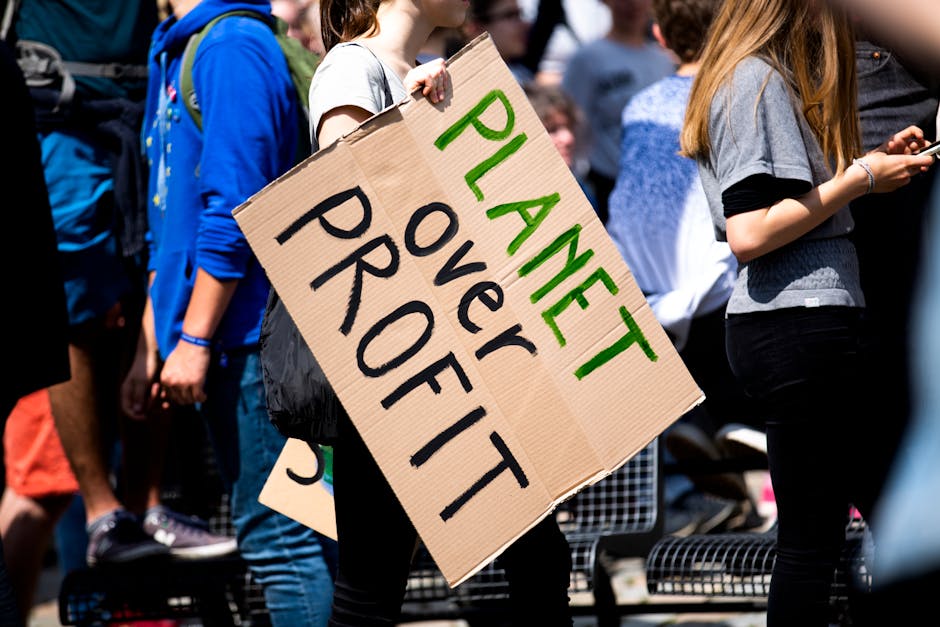Global warming, a phenomenon characterized by the gradual increase in the average temperature of the Earth's atmosphere and oceans, has emerged as one of the most pressing challenges facing our planet. Scientific consensus overwhelmingly affirms the anthropogenic origins of global warming, primarily attributed to the emission of greenhouse gases, such as carbon dioxide and methane, resulting from human activities.
The impacts of global warming are far-reaching and extensive. Rising temperatures have led to more frequent and intense heat waves, droughts, and wildfires, disrupting natural ecosystems and posing significant risks to human health and well-being. Coastal regions are increasingly vulnerable to rising sea levels, threatening infrastructure, livelihoods, and entire communities. Extreme weather events, such as hurricanes, typhoons, and floods, have become more frequent and severe, causing widespread devastation and economic losses.
The scientific evidence for global warming is irrefutable. The Intergovernmental Panel on Climate Change (IPCC), the world's leading authority on climate change, has concluded that it is extremely likely that human influence has been the dominant cause of observed warming since the mid-20th century. Over the past century, global temperatures have risen by approximately 1 degree Celsius, and the rate of warming is accelerating.
The effects of global warming are already being felt around the world. The Arctic sea ice is melting at an alarming rate, threatening the survival of polar bears and other Arctic species. Coral reefs, vital marine ecosystems teeming with biodiversity, are suffering from bleaching and death due to rising ocean temperatures and acidification.
The consequences of unabated global warming are dire. If we continue to emit greenhouse gases at current rates, the Earth's temperature could rise by as much as 4 degrees Celsius by the end of the century. Such a rise would have catastrophic impacts, including extreme weather events of unprecedented intensity, widespread displacement of populations due to rising sea levels, and severe disruptions to global food production.
To mitigate the risks of global warming, we must act urgently to reduce greenhouse gas emissions. Transitioning to renewable energy sources, such as solar and wind power, can significantly reduce our reliance on fossil fuels, the primary source of greenhouse gas emissions. Improving energy efficiency and adopting sustainable practices in agriculture, industry, and transportation can further contribute to emissions reduction.
Additionally, we need to invest in climate adaptation strategies to prepare for the impacts of global warming that are already underway. Coastal communities must develop seawalls and other protective measures to safeguard their infrastructure and populations from rising sea levels. Drought-tolerant crops and improved water management practices can help reduce the vulnerability of agricultural systems to climate change.
Global warming is a complex and urgent challenge that requires a concerted global response. By taking ambitious action to reduce greenhouse gas emissions and invest in climate adaptation, we can mitigate the worst impacts of global warming and ensure a sustainable future for generations to come.

